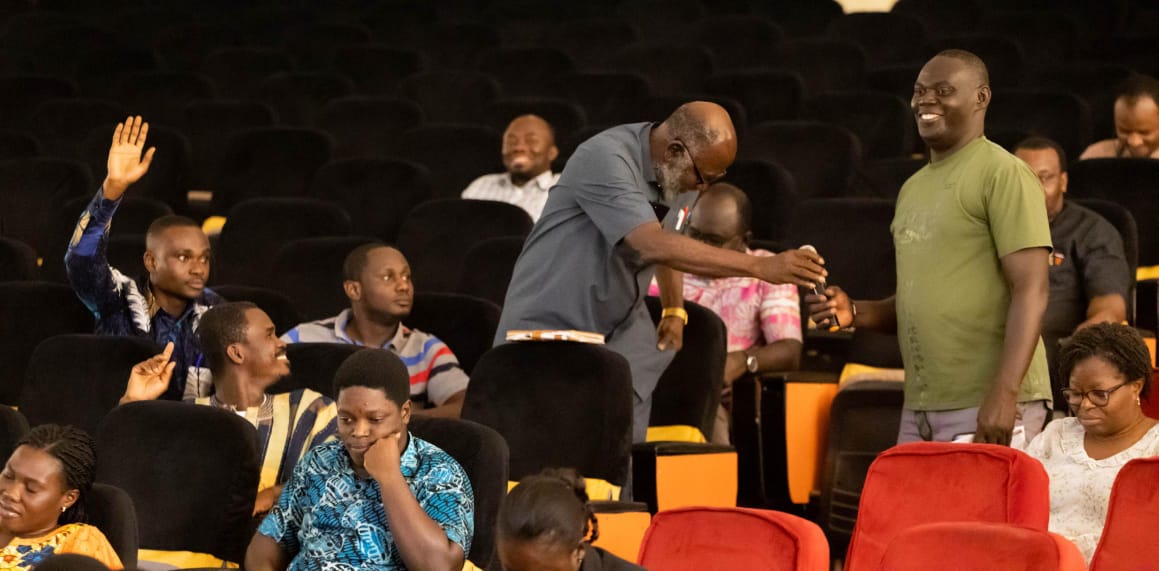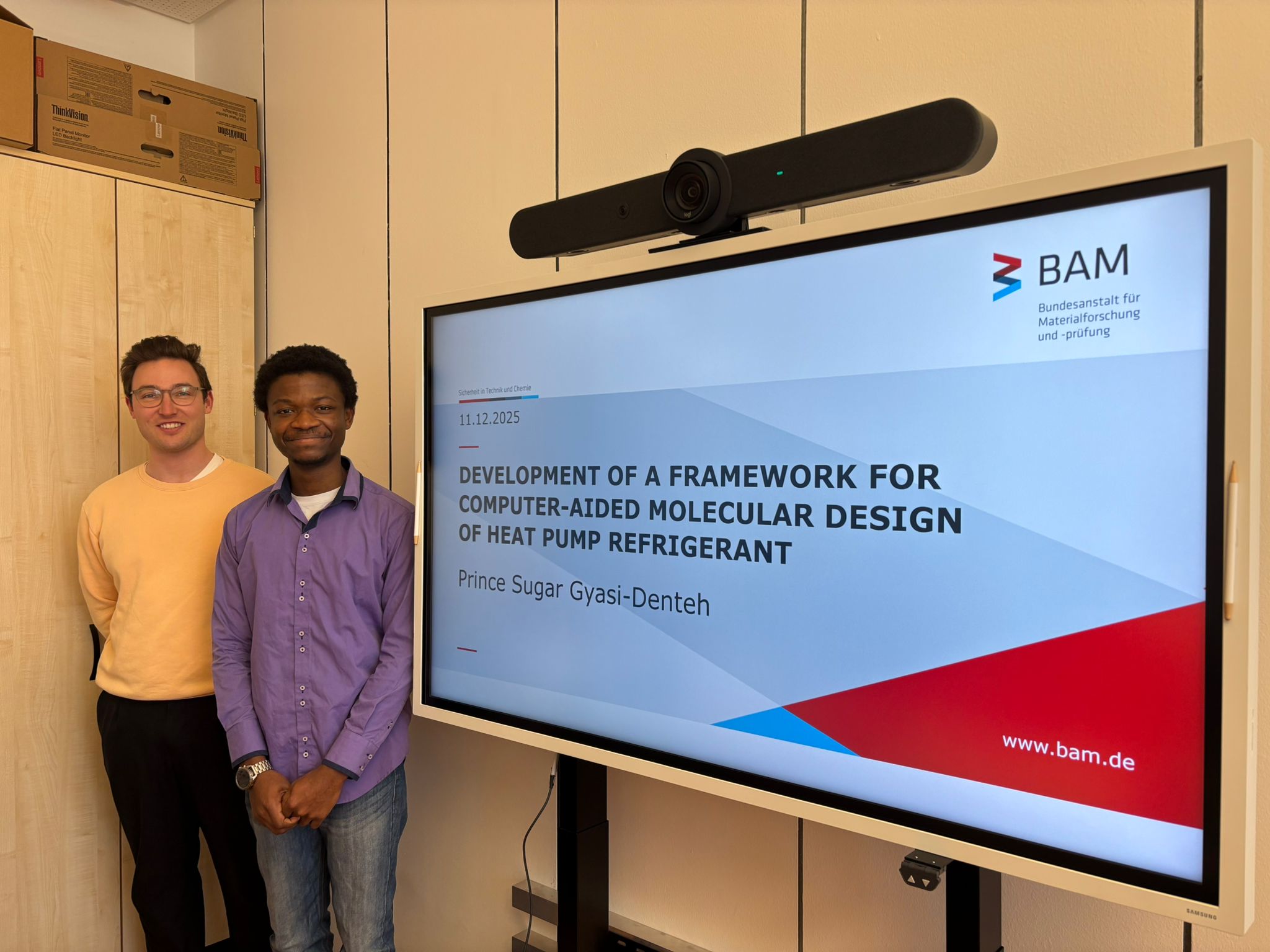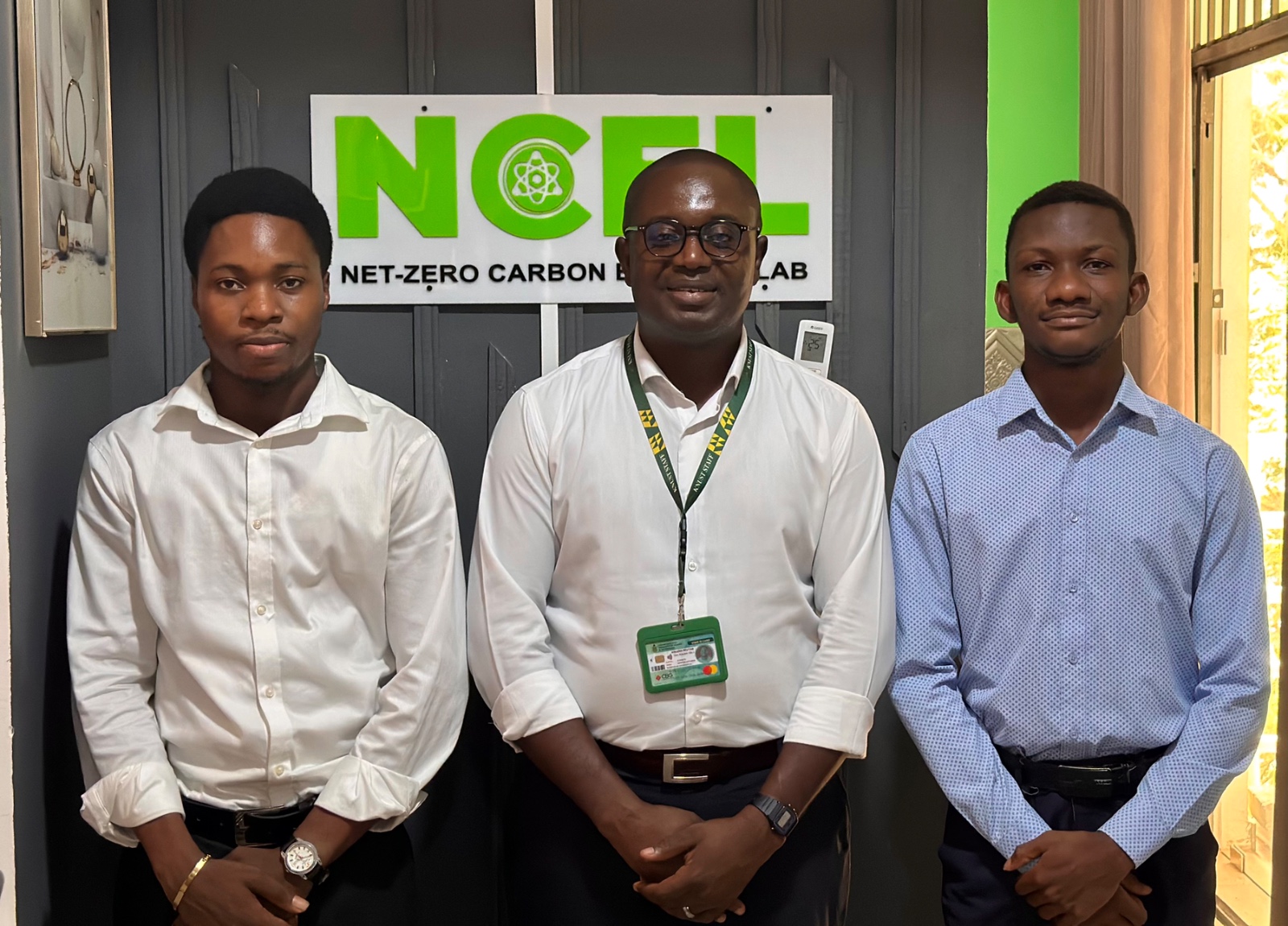It was a powerful and humbling experience to return to KNUST, as an alumnus, and as a Guest Lecturer from Industry, standing at the very podium where my own academic journey began. My primary desire was to give back to the institution that laid my foundation, and to offer the students something extra they always get from their professors: the raw, unfiltered reality of our industry. Teaching completion engineering wasn't just about sharing technical knowledge on intelligent completions, sand control, or well stimulation; it was about demystifying the path from the lecture hall to the oilfield. I wanted to show them that the theories they grapple with daily are the very tools we use to solve complex, high-stakes problems in the real world, and to make that connection tangible and exciting.

The feedback from the students was brutally honest and incredibly illuminating. While they expressed immense gratitude for the practical insights, their most resonant comments highlighted a stark gap. They confessed that while they are proficient in fundamental principles, they often feel unprepared for the specific technologies, software, and project-based thinking demanded by the industry. This is the core of the industry-academia divide; a difference between theoretical knowledge and applied, operational competence. Their hunger was not for more information, but for more context to understand the "why" behind the "what," and to see how their skills translate into the complex, collaborative environment of a company like Halliburton.
This experience cemented my belief in the transformative power of such guest lectures. They are a critical bridge across that divide. By bringing our day-to-day challenges and successes back to the classroom, we do more than just mentor; we inject the curriculum with relevance and ambition. For the students, it transforms an abstract career path into an achievable goal. For the university, it provides direct feedback to help tailor programs that produce industry-ready graduates. And for professionals like me, it is the most fulfilling form of giving back—not just by donating funds, but by investing our time and experience to help build the next generation of engineers who will, one day, return to do the same.













